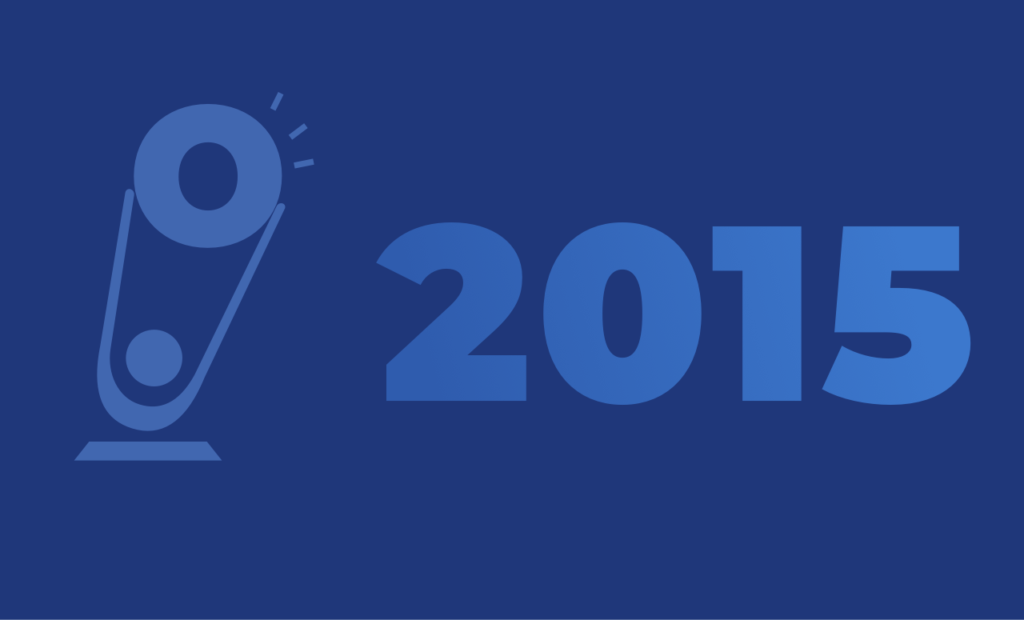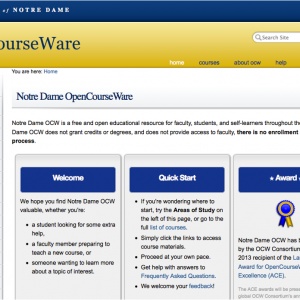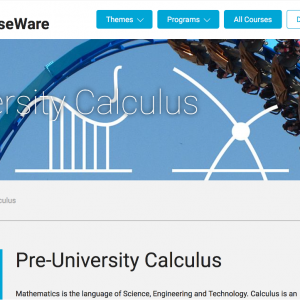The United Nations Educational, Scientific, and Cultural Organization (UNESCO) believes that universal access to high quality education is key to the building of peace, sustainable social and economic development, and intercultural dialogue.
Within a framework of Open Solutions including Open Access to sharing peer-reviewed scientific information, Free and Open Source Software to stimulate all ICT activities, UNESCO advocates to Governments and key educational stakeholders that Open Educational Resources (OER) provide a strategic opportunity to improve the quality of education as well as facilitate policy dialogue, knowledge sharing and capacity building.
With the support of the Hewlett Foundation, the Commonwealth of Learning and UNESCO organized the 2012 World OER Congress at the UNESCO Headquarters which unanimously released the 10-point Paris OER Declaration, one of the landmark documents for the OER movement. UNESCO has conducted training programs, projects and awareness raising activities in many places around the world, particularly in developing countries. UNESCO currently supports 6 OER chairs.
In 2013, UNESCO became the 1st UN organization to fully adopt free culture CC BY SA licensing on all publications. With very few exceptions, all new publications are released with CC BY SA and the license is being applied retroactively on the many thousands of seminal UNESCO publications. (more information)



